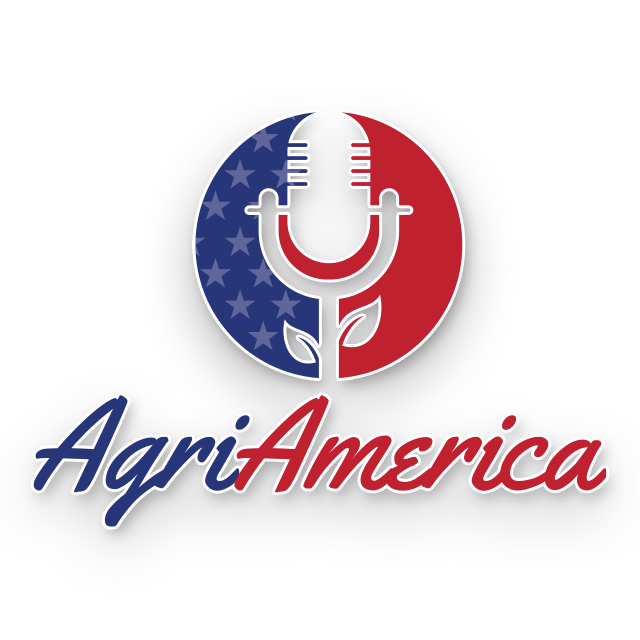WOYM - Farm to Pharma: Biotech Roots in Rural Kansas
Tritica Biosciences, a rural Kansas startup founded by Brandi and Dr. Chris Miller, is turning heads—and wheat germ—into revolutionary biotech.
Backed by a $29 million grant from ARPA-H, their mission is to create shelf-stable, cell-free protein synthesis platforms using Kansas-grown wheat.
Imagine insulin production powered by wheat embryos, all done on-site and without needing traditional bioreactors. It’s happening just east of Manhattan, Kansas.
What began in a 100-square-foot lab in a converted barn is now a scalable biotech enterprise with a 10,000+ square-foot facility, multiple partners, and global potential. In this episode of Wheat’s On Your Mind, the Millers explain the science, the story, and the significance behind their work. From food security to pharmaceuticals, this is a game-changing look at wheat’s future beyond the grain bin.
Key Takeaways
Tritica Biosciences uses wheat germ to power cell-free protein synthesis.
Their proprietary process maintains shelf-stable wheat embryos.
Applications range from insulin production to cosmetics and pet food.
The process requires no living cells and avoids traditional fermentation.
Their facility started in a garage and now spans 10,000+ square feet.
The process is sustainable—leftover wheat is still food-grade.
Kansas hard red winter wheat is a major part of their current research.
The project is funded by a $29M ARPA-H grant with 5 partners.
Their technology may lead to localized protein drug manufacturing.
Tritica is actively hiring and expanding their team and capabilities.
Timestamps
00:01 – Introduction and guest bios
02:04 – Founding story of Tritica Biosciences
03:27 – Building their facilities from the ground up
05:10 – Chris’s early work with wheat and Celiac research
06:36 – What is ARPA-H?
08:00 – The uniqueness of their wheat germ extraction process
10:17 – What is cell-free protein synthesis?
13:16 – Turning wheat germ into shelf-stable scientific material
15:06 – Pharmaceutical potential and real-world applications
19:11 – The role of wheat variety in protein synthesis
20:44 – Beyond pharma: cosmetics, pet food, and food industry possibilities
24:07 – Enzymes, APIs, and green chemistry
27:15 – Project goals, commercialization, and future scale-up
30:08 – Collaborations with AI-driven protein design
33:25 – How to follow their work and stay connected
Kansas Wheat
WheatsOnYorMind.com
